
Selected reviews about elderly care communities
Selected reviews about elderly care communities offer valuable insights into the experiences of residents and their families. These reviews can highlight the strengths and weaknesses of different communities, helping you make an informed decision when choosing the right care for your loved one.
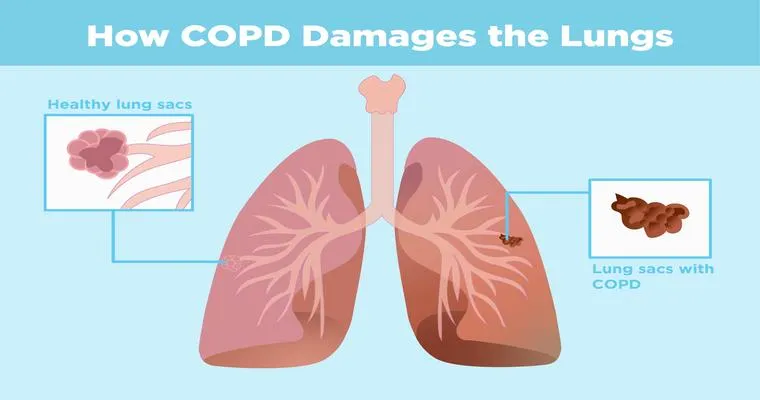
What You Don't Know Can Hurt You When it Comes to COPD
Understanding Chronic Obstructive Pulmonary Disease (COPD) is crucial for effective management. Lack of awareness about symptoms, triggers, and treatment options can lead to worsening health outcomes. Early detection and education empower patients to make informed decisions, improve quality of life, and reduce the risk of severe complications associated with the disease.
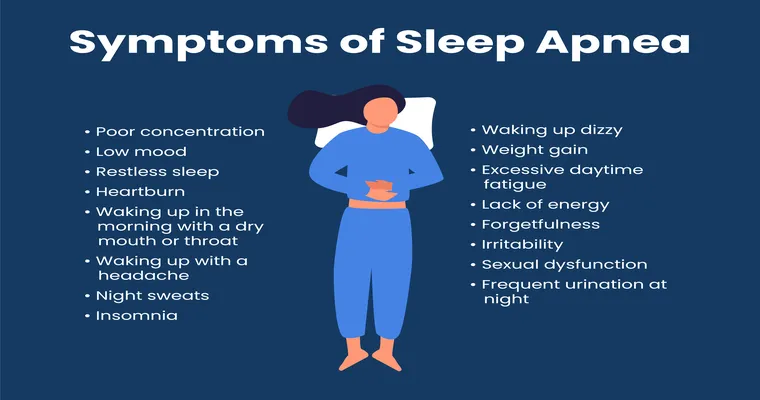
Obstructive Sleep Apnea: When Snoring Becomes a Serious Health Concern
Obstructive Sleep Apnea is a sleep disorder characterized by repeated interruptions in breathing during sleep, often accompanied by loud snoring. This condition can lead to serious health issues, including cardiovascular problems and daytime fatigue. Early diagnosis and treatment are essential to prevent complications and improve overall health and well-being.

6 Household Items That Could Be Making Your Family Sick
Several common household items can harbor harmful bacteria and allergens that may negatively impact your family’s health. Items like sponges, air filters, and shower curtains can accumulate mold and toxins. Additionally, outdated cleaning products and improperly maintained appliances can release harmful chemicals, contributing to respiratory issues and other health concerns.

How to Help a Senior Safely Manage Allergy Season
To help seniors manage allergy season, encourage them to stay indoors on high pollen days, use air purifiers, and keep windows closed. Suggest regular medication reviews with their doctor, promote a balanced diet rich in antioxidants, and remind them to stay hydrated. Regular check-ins can also provide support and reassurance.

Flu Fake-Out: Fall Allergies Annoy Americans in East, Mid-West
As fall arrives, many Americans in the East and Midwest grapple with allergies that mimic flu symptoms. Pollen from ragweed and other plants triggers sneezing, congestion, and fatigue, leading to confusion between seasonal allergies and illness. This overlap complicates diagnosis and heightens concern during the colder months.
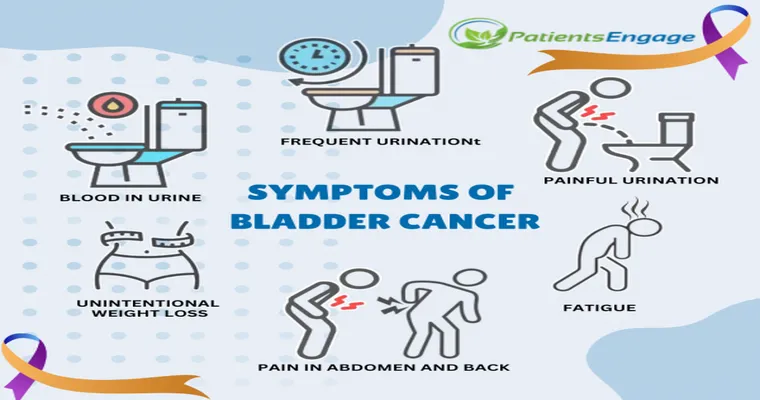
Bladder Cancer: Signs, Symptoms and Treatments
Bladder cancer often presents with symptoms such as blood in urine, frequent urination, and pelvic pain. Diagnosis typically involves imaging and cystoscopy. Treatment options include surgery, chemotherapy, immunotherapy, and radiation, depending on the cancer's stage and grade. Early detection is crucial for improving outcomes and survival rates.

My sister makes $300 too much to qualify for Medicaid because of court ordered alimony. She needs wound care due to having bad care.
My sister's financial situation is complicated by receiving court-ordered alimony, which puts her just above the Medicaid eligibility threshold. Despite her limited income, she urgently needs wound care due to poor previous treatment. This discrepancy leaves her struggling to access the necessary medical support for her health issues.

Are stage 3 bedsores ever “normal” and seemingly ok to have?
Stage 3 bedsores indicate significant tissue damage, characterized by the loss of skin and underlying fat. While some may perceive them as manageable, they are not normal and require prompt medical attention. Proper care is essential to prevent further complications and promote healing in affected individuals.

Should I transition mom to full time in bed?
Deciding to transition a parent to full-time bed rest involves considering their health, comfort, and quality of life. Assess their medical needs, mobility, and emotional well-being. Communicate openly with healthcare professionals and family members to ensure the transition supports your mom's dignity and happiness while addressing any necessary care requirements.

Mother has stage 3 pressure wound, decision time.
Facing a challenging situation, a family must decide on the best course of action for their mother suffering from a stage 3 pressure wound. The severity of her condition demands immediate attention and thoughtful consideration of treatment options, balancing medical advice with the emotional needs of both the patient and her family.
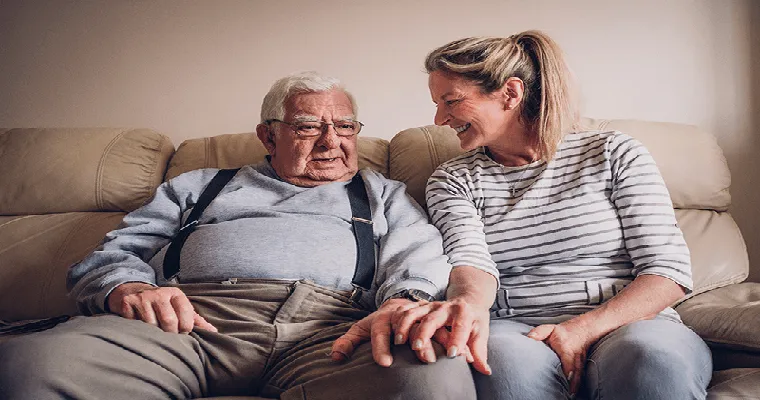
Dealing with my 80 yr old father.
Caring for my 80-year-old father involves a delicate balance of respect, patience, and understanding. I navigate his health challenges while fostering independence, often engaging in meaningful conversations that honor his life experiences. It's a journey of love, where every moment shared strengthens our bond and helps preserve his dignity.
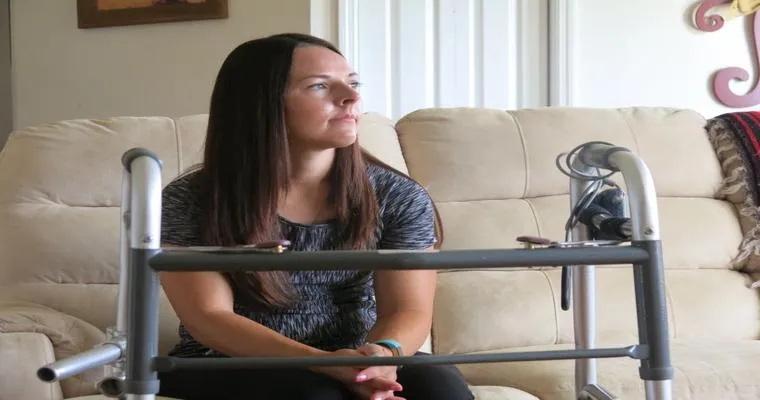
Paralyzed refuses to listen and accept we can’t take care of her.
Despite her physical limitations, she remains adamant about her independence, resisting any suggestions of assistance. Her refusal to acknowledge the reality of her situation creates a difficult dynamic, as loved ones struggle to balance their desire to help with her insistence on managing alone, leading to ongoing tension and concern.
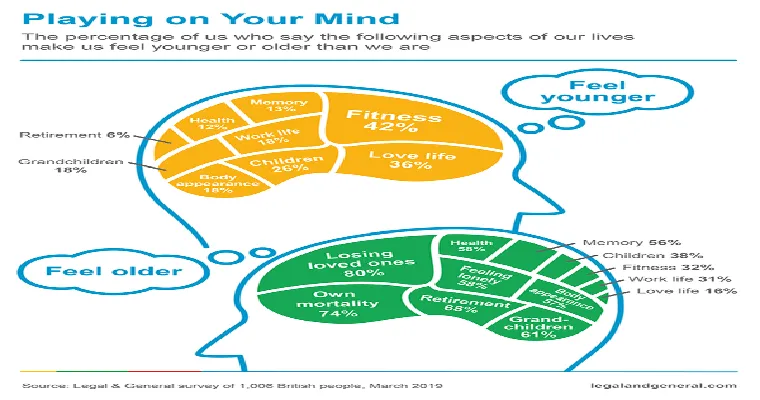
What It Feels Like to Be Old
Being old often brings a mix of wisdom and nostalgia, as memories of youthful vitality contrast with the reality of physical decline. There's a sense of reflection on life's journey, accompanied by a deeper appreciation for relationships and experiences. Moments of joy can be tinged with the bittersweet awareness of time passing.

8 Lessons on Aging and Death From the Doctor Who Explained ‘How We Die’
In a thought-provoking exploration of mortality, the insights from the Doctor Who episode "How We Die" reveal valuable lessons on aging and death. Themes of acceptance, the inevitability of change, the importance of connection, and embracing life’s fleeting moments encourage a deeper understanding of our shared human experience and the nature of existence.
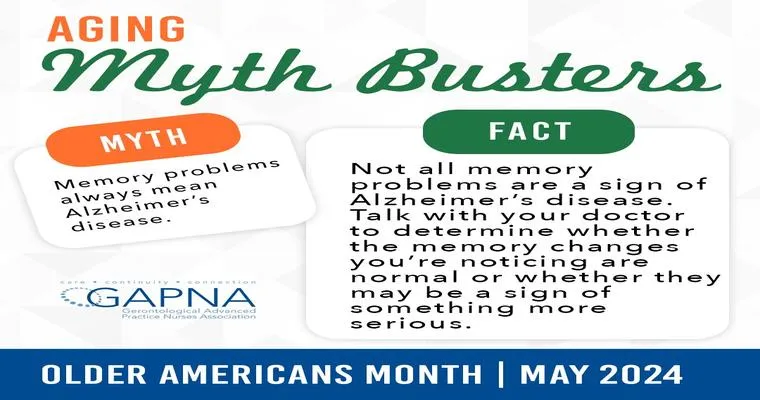
10 Common Misconceptions About Aging
Many believe aging inevitably leads to decline in health and vitality, but this isn't true. Misconceptions include the idea that older adults can't learn new skills, that they are all lonely, and that they no longer contribute to society. In reality, older individuals can thrive, adapt, and remain active participants in life.
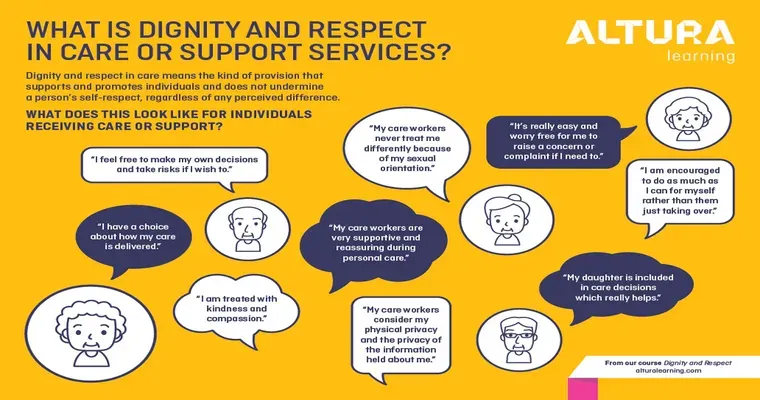
Respecting the Right to Age With Dignity
Respecting the right to age with dignity involves recognizing and honoring the inherent value of older individuals. It emphasizes providing them with the necessary support, autonomy, and opportunities to live fulfilling lives, free from discrimination and neglect, while ensuring their voices are heard and their needs are met in society.

Tips for Motivating Seniors to Stay Involved
Encouraging seniors to stay involved can be achieved by fostering a sense of community and purpose. Engage them with meaningful activities that align with their interests, offer opportunities for social interaction, and provide a supportive environment. Recognizing their contributions and celebrating achievements can also enhance their motivation and sense of belonging.
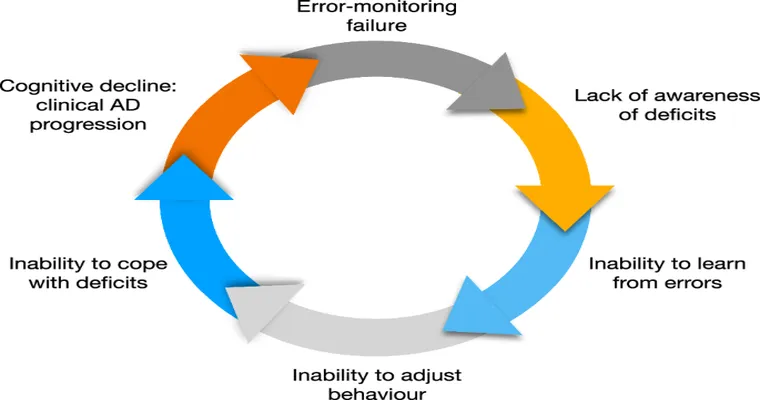
Anosognosia: When Dementia Patients Can’t Recognize Their Impairment
Anosognosia is a condition where individuals with dementia are unaware of their cognitive impairments. This lack of insight can lead to challenges in treatment and care, as patients may resist assistance or deny their condition. Understanding anosognosia is crucial for caregivers to provide appropriate support and enhance patient well-being.
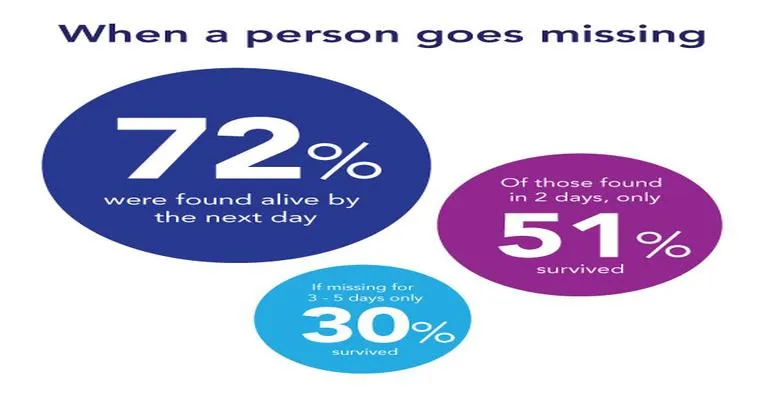
What Causes Seniors with Dementia to Wander?
Seniors with dementia may wander due to confusion, disorientation, or a desire to find familiar places or people. Changes in their environment can trigger anxiety, leading to impulsive wandering. Additionally, boredom or the need for physical activity can contribute, making it essential to provide a safe and structured environment.
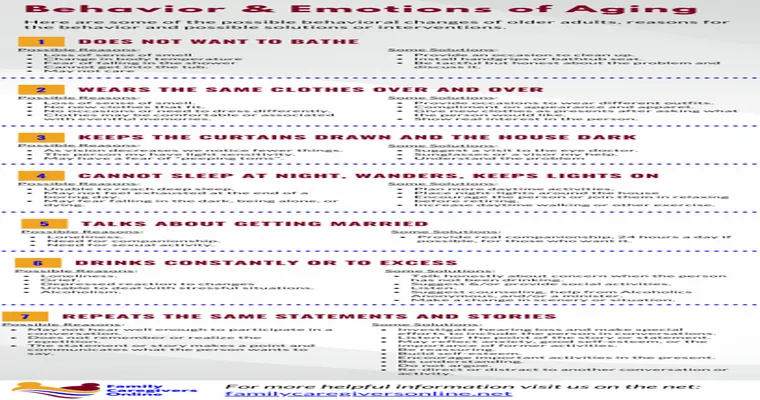
How to Deal With Aging Parents’ Difficult Behaviors
Dealing with aging parents' difficult behaviors requires patience and empathy. Focus on open communication, actively listen to their concerns, and validate their feelings. Set boundaries when necessary, and seek support from family or professionals. Aim to foster understanding and maintain a respectful relationship while addressing their needs and challenges.
Page 119 of 134